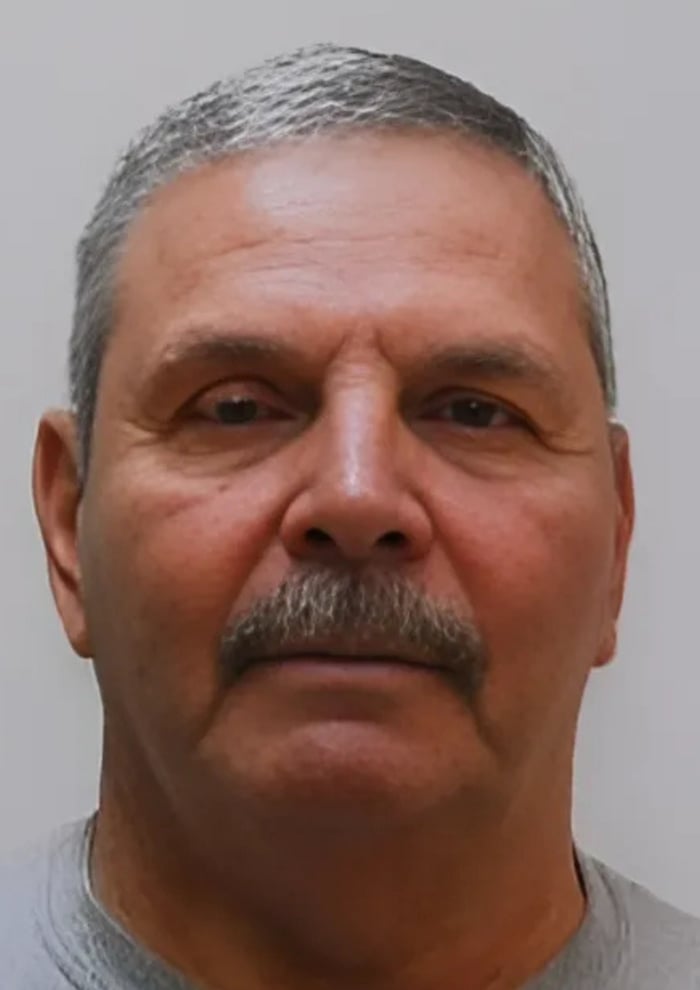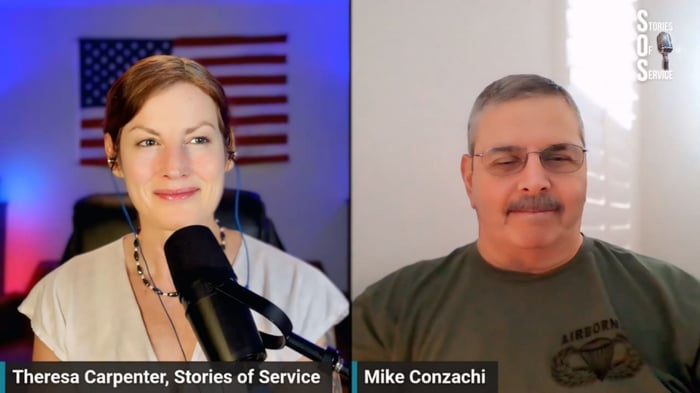In this eye-opening episode of Stories of Service, host Theresa dives deep into one of the most controversial and complex issues within the U.S. military justice system: false allegations of sexual assault and domestic violence. Her guest, Mike Conzachi, is a seasoned Army veteran, retired law enforcement officer, and private investigator who has spent the last decade investigating hundreds of such cases within the military.
Their conversation sheds light on the often-overlooked motivations behind false claims, the flaws in military investigative procedures, and the political pressures shaping outcomes. If you've ever wondered what really happens behind closed doors when a service member is accused, this episode is essential listening.
Guest Bio: Who is Mike Conzachi?
Mike Conzachi's career spans across three major arenas: military service, law enforcement, and private investigation. Mike enlisted in the Army during the Vietnam era, requesting infantry and airborne duty despite being eligible for any military specialty. He proudly served with the elite 82nd Airborne Division, a formative experience that shaped his discipline and values. After his military service, Mike joined law enforcement at a time when psychological screening and competitive selection were the norm.
Over nearly 30 years, he served in specialized investigative roles covering narcotics, gangs, robbery, homicide, and homeland security. After a career-ending injury, Mike pivoted to private investigation. Over the past 10–12 years, he's investigated more than 500 military cases involving allegations of sexual assault and domestic violence. Many revealed patterns of misconduct, political interference, and failures in evidence handling.
Key Takeaways:
- 🔍 Mike’s Investigative Approach: Finding the “Why” Behind False Allegations: Mike likens his investigative method to that of an NTSB crash investigator—his goal isn't just to determine what happened, but why it happened. This backward-working approach often uncovers personal motivations behind false allegations, such as contentious divorces, heated custody battles, or the desire for revenge after a breakup.
- 📱 The Digital Evidence Gap in Military Investigations: One of the most alarming deficiencies Mike observes in military investigations is the consistent neglect of digital forensics. Compounding the issue is the failure to apply civilian legal standards consistently when handling and assessing digital evidence, which further undermines the credibility of military investigations.
- ⚖️ How Political Influence Distorts Military Justice: Mike and Theresa explore how the intersection of politics and promotions plays a troubling role in military justice. Promotions for military officers must be approved by the Senate Armed Services Committee, and a single senator can anonymously block an officer’s advancement if they did not refer a sexual assault allegation to court-martial.
- 🏛️ New Oversight: The Office of Special Trial Counsel (OSTC): A significant recent reform discussed in the episode is the establishment of the Office of Special Trial Counsel (OSTC), which officially began its work in January 2024. This office now holds the authority to decide whether sexual assault and domestic violence cases should proceed to court-martial, effectively removing that power from the traditional chain of command.
- 🛠️ Reform Recommendations: What Needs to Change: To fix the system, Mike calls for a complete cultural reset in the military’s investigative mindset from the prevailing “believe the victim” approach to a more balanced and ethical directive to “seek the truth.” He also advocates for the creation of a Military Conviction Integrity and Accountability Unit to review wrongful convictions and ensure oversight. Finally, Mike stresses the importance of integrating more qualified, experienced investigators, particularly those from outside the military who can bring objectivity and rigor to sensitive cases.
Listen to Audio
Watch Full Episode
This episode is a powerful reminder that truth and justice are not always synonymous in the military system. With over 500 cases under his belt, Mike Conzachi provides credible, data-backed insights into how rushed investigations, political pressures, and systemic biases can destroy the lives of the falsely accused.
Host Theresa underscores the need for public awareness, cultural reform, and ethical investigation practices—not just to protect the innocent, but to uphold the very ideals the military claims to defend.






